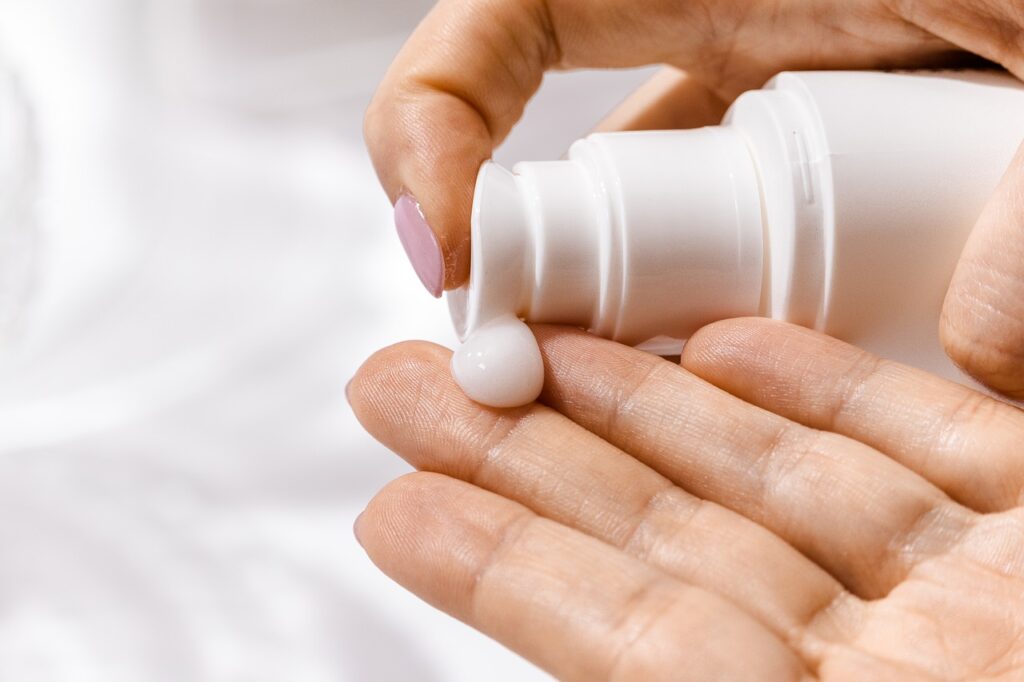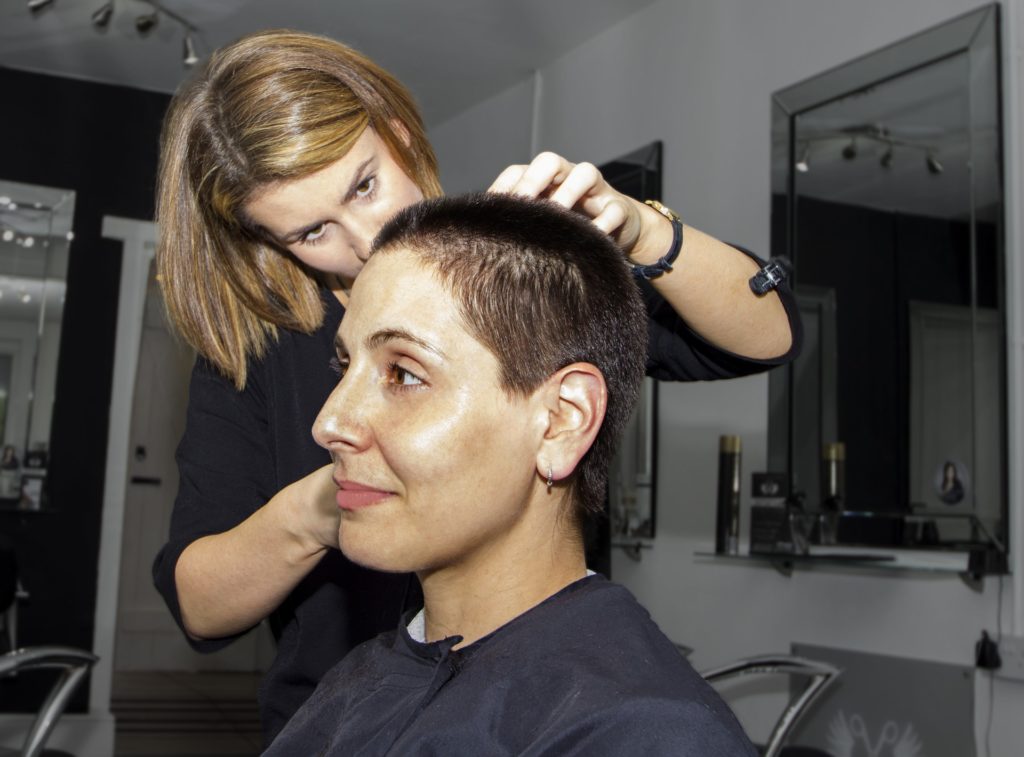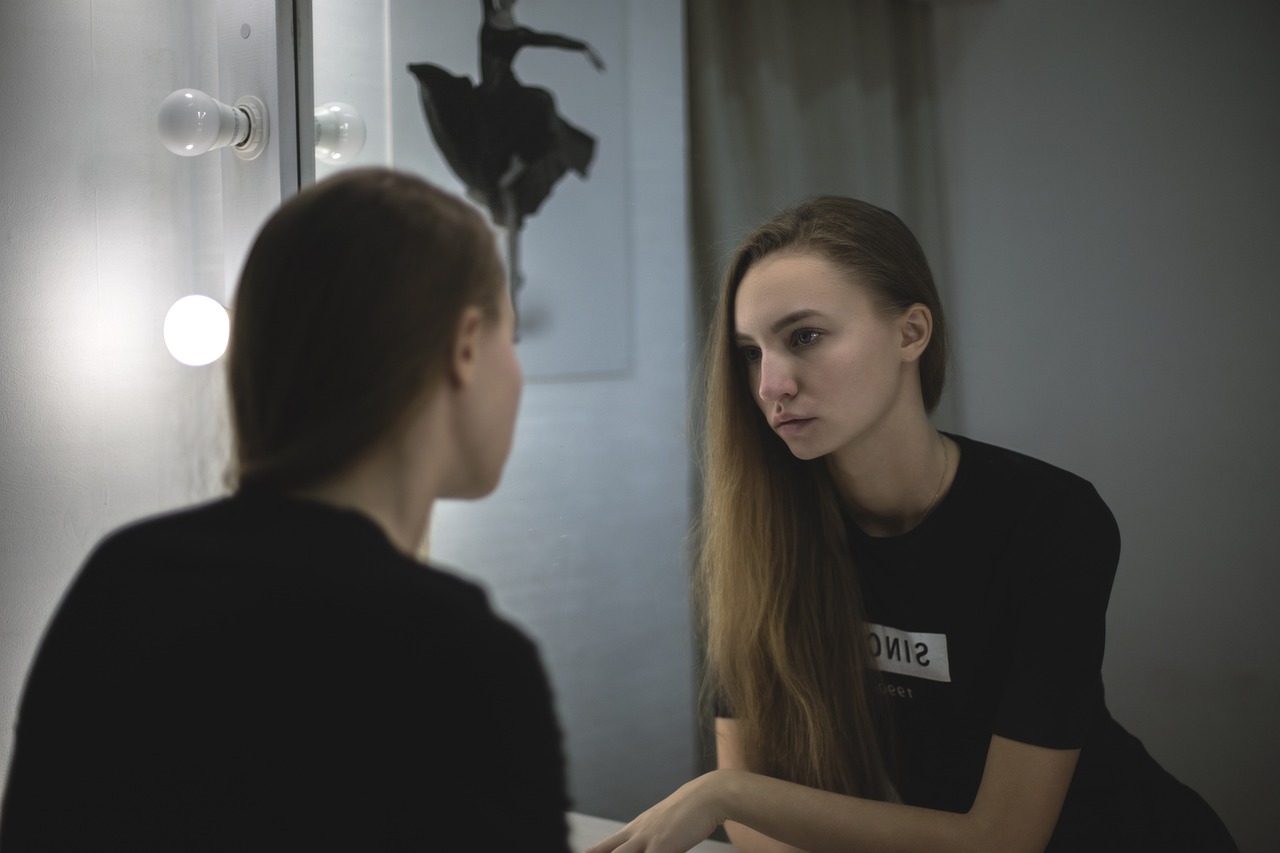Have you ever had a dry scalp after head lice treatment? You are not alone. Some people do experience a dry scalp after head lice treatment. Here’s everything you need to know about having a dry scalp after lice treatment — why you experience it and what you can do about it.
Why you do have a dry scalp after lice treatment?
- Lice treatments have irritants that can dry your scalp. There are so many lice treatments out there. They can come in the form of creams, lotions, shampoos, and others. They all have one thing in common — they kill head lice and nits. Of course, as pest killers, they have strong ingredients like pyrethrin, permethrin, and spinosad. And unfortunately, these strong ingredients can irritate your scalp and cause dryness. They are the primary reason why you experience drying in the scalp, both during and after treatment.
- Post-treatment itching can cause dry scalp. The irritants in the lice treatments can also cause itching. Dryness and itchiness are related to each other. If you have a dry scalp, you can experience itching. And if you experience itching, you can scratch your scalp, irritate it, and cause it to dry. There is also something that’s called phantom itching. In this condition, you will still feel itchy even after the cause of the itch (the head lice) is already gone. And this can then lead to scratching, irritating, and drying of the scalp.
- You still have head lice. Maybe you feel itchy because you still have head lice. There are many reasons why you still have head lice. You may have been re-infested by a family member. You may have used the lice treatment incorrectly. Or you may have stopped treatment prematurely. Whatever the case may be, it’s all the same. You will still feel itchy, which will then lead to scratching, irritating, and drying of the scalp.

What to do
- Hydrate your scalp with specialized hair products. A surefire way to heal a dry scalp is to hydrate or moisturize it. Thankfully, there are so many hair products that can do exactly that. You can buy moisturizing shampoos and special conditioners. And if you have dandruff that is making the dryness of your scalp even worse, you can try anti-dandruff shampoos. But take note that they can be counterproductive. The ingredients of anti-dandruff shampoos can cause irritation that can then lead to more drying. Be careful in using specialized hair products, especially if the person who is going to use them is a child.
- Try natural oils. Children are more likely to get head lice, making the use of specialized hair products even less ideal. You can try home remedies instead. The great thing about home remedies is that they are natural. They are less likely to hurt you or your children because they don’t have the strong and toxic ingredients of other products. You can massage coconut oil to ease dryness and itchiness. Also, you can use coconut oil to get rid of head lice, so you can use this home remedy during and after lice treatment.
- Go to the salon and get your hair and scalp treated. You don’t have to treat your scalp problem by yourself. You can get help from professionals who actually know what they are doing. Go to a hair salon and tell the professionals there what you are experiencing with your head. They serve a lot of people like you, and the cause of the dry scalp doesn’t even have to be head lice. But be careful because you can sometimes get head lice from the salon. You can also consider just buying deep conditioning treatments at beauty supply stores and pharmacies.

How to avoid post-treatment lice problems
- Consult a medical professional for lice treatments. Lice treatments inherently come with risks in the form of treatment side effects. But they are worth it because they are truly effective in getting rid of head lice. To ensure that the treatment process is effective and safe, consult a doctor. Seriously consider this if you have a naturally dry scalp or if you have sensitive skin. The doctor may be able to recommend treatments with milder ingredients to avoid skin problems like the drying of the scalp.
- Get rid of head lice manually. If you don’t want post-treatment dry scalp, avoid the conventional treatments that irritate your skin. There is actually a way to get rid of head lice manually — by using lice combs. These combs are specifically made to capture head lice and nits. They have thin teeth and small gaps between them for the effective capturing of these pests. Divide your hair into multiple sections and run the lice comb on each section. After each section, dunk the lice comb in a bowl of soapy water to kill the head lice and nits you have captured. Repeat this multiple times a week until you no longer see head lice. This can be tedious, but it’s worth it if you want to avoid putting treatments on your head.
- Try head lice home remedies. Natural solutions like coconut oil are great because they are effective and safer compared to conventional medications. You can also try lemon juice. But be careful. It may sting if you already have wounds on your scalp. Also, don’t blindly follow the articles you read online on how to get rid of head lice naturally. Some of them are just straight-up wrong. You can’t get rid of head lice with salt, but so many articles out there claim that it can.
You can have a dry scalp after lice treatment
Do you have a dry scalp after lice treatment? It’s probably because of the irritants found in most lice treatments. Treat dry scalps with specialized hair products like conditioners and moisturizing shampoos. You can also try to massage your scalp with natural oils such as coconut oil. If all else fails, you can also just go to the hair salon and get your hair and scalp treated.
Avoid the drying of your scalp during and after lice treatments by consulting a medical professional. They may be able to prescribe milder treatments. You can try natural solutions too, like lemon juice. But if you really don’t want to put anything on your head, you can remove head lice manually with a lice comb.

